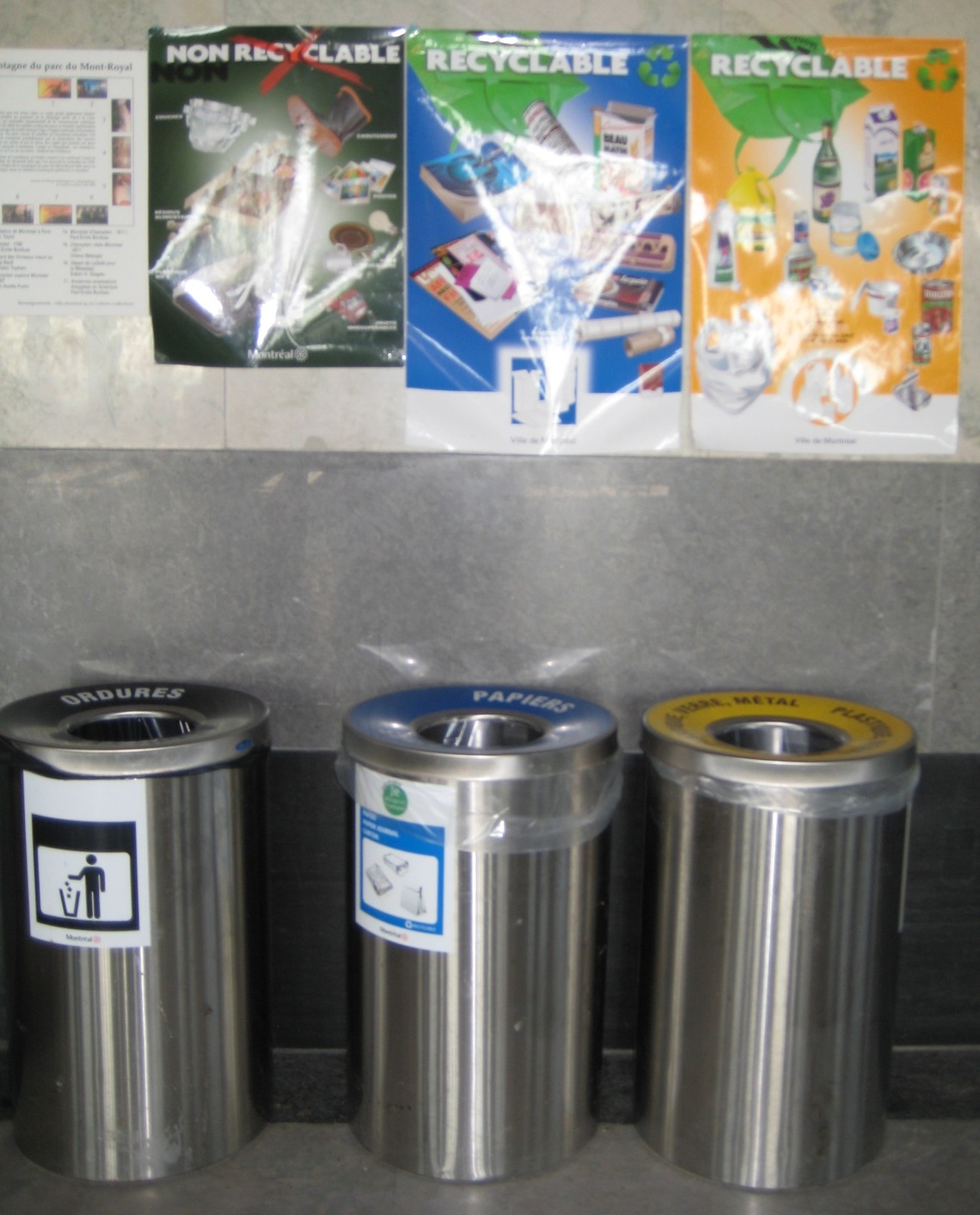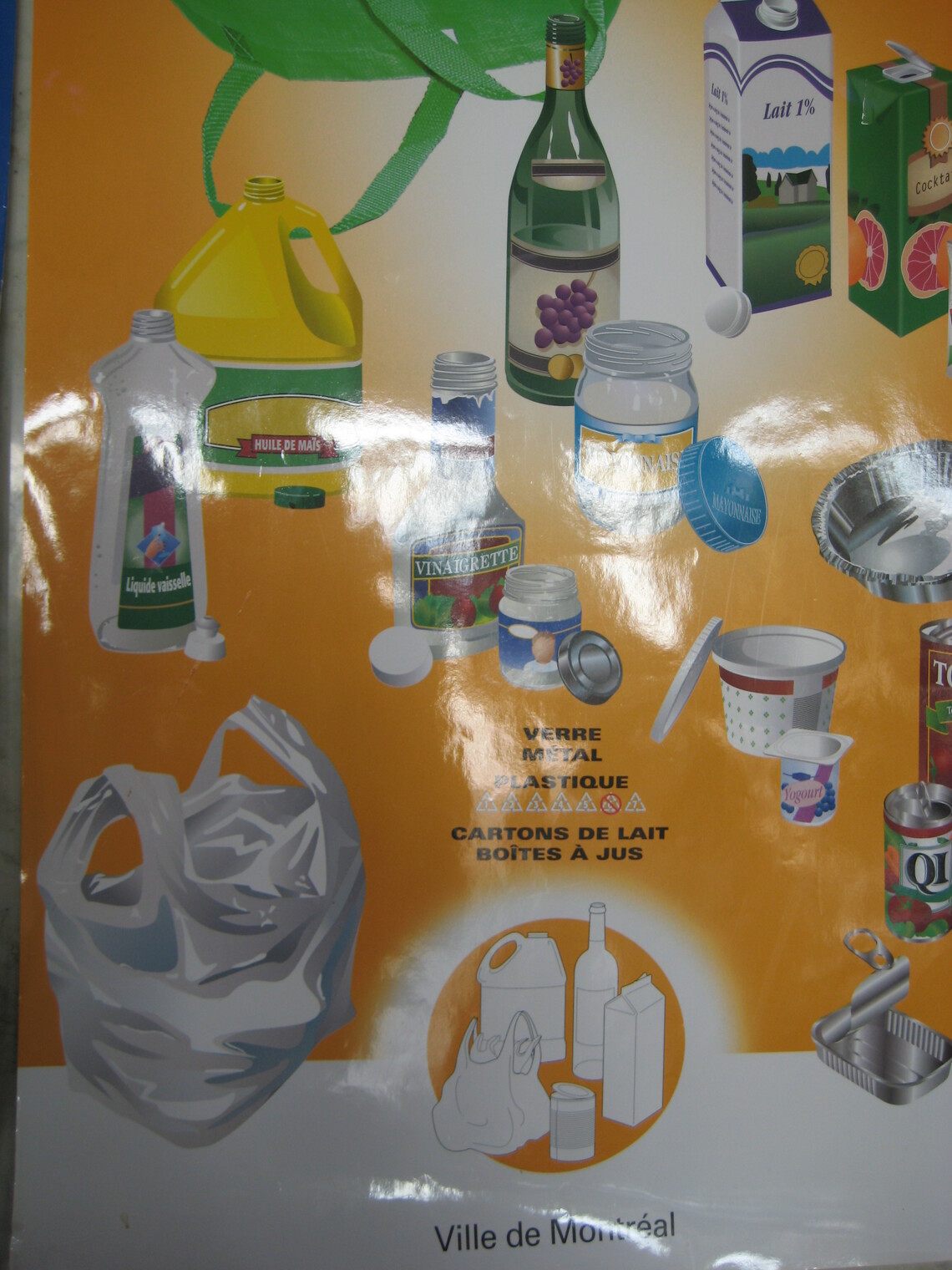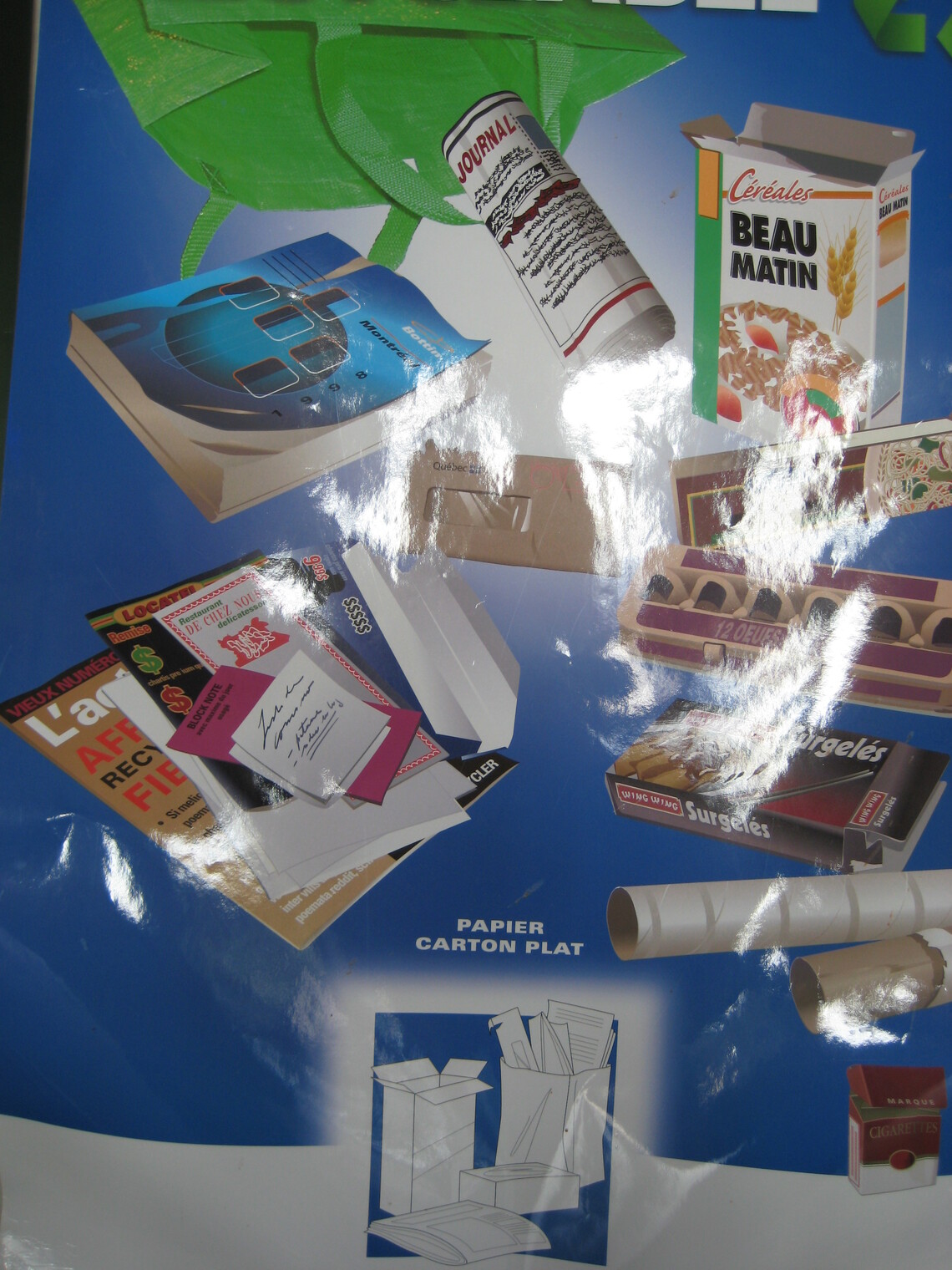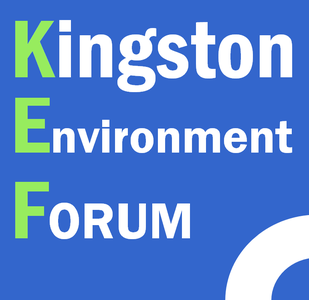Reducing waste and increasing re-use and recycling are concerns for all environmentalists, and effective action on these will help to keep costs down for the Council and Council tax payers. KEF concerns and actions are summarised below, the most recent at the top, along with some useful info about recycling.
The ultimate guide to paper recycling - a printing firm makes it all clear, Jan 2021
What happens to Kingston's waste? A November 2020 update in answer to some of our questions and concerns.
FAQs on Kingston's recycling system, June 2018: what happens to our waste, why we recycle the things we do, and much else, published by KEF in 2018 after disucssion and assistance from RBK's waste and recycling department
Kingston Food Festival, August 2015: KEF member Transition Town Kingston recommends Love food Hate Waste and used some of their resources on their stall at Kingston Food Festival in August 2015. The exercise was repeated on TTK's stall in the Green Zone of Kingston Carnival in September 2018.
Requests and questions from Kingston Environment Forum*, March/April 2015 - Marilyn Mason, Chair, Kingston Environment Forum, April 2015, responses from Council officers and comments in blue italics
Kingston's new recycling system: Kingston Environment Forum would welcome further information and ongoing data- collection on the new waste and recycling scheme being introduced by Kingston Council. We were pleased to read last year that Kingston recycled 46% of its waste and was one of the best London boroughs on recycling, and would like to see this good record continuing. We appreciate that food waste will continue to be collected weekly, and that there may be some advantages to the new scheme: drier paper and cardboard waste; fewer lorries on the road and thus less pollution.
On the other hand, we would be sorry if the new scheme proved too unwieldy and confusing for residents, leading to less recycling and more landfill and landfill tax/incineration. Potential problemsof new recycling scheme include:
- less frequent collection of recyclables leading to residents running out of space for, e g, bottles and plastic waste and so putting it into their landfill bins;
- residents forgetting to put the right bins out on the right day and thus accumulating waste, some of which would find its way into landfill bins simply because residents run out of space to store recyclables separately;
- lack of space for an extra bin in small front gardens and houses with limited or no side access or driveways (will some residents refuse to take a second bin?);
- seriously obstructed pavements on bin collection days.
As happens now, some households, e g with lots of steps or lack of space, are exempted from having wheelie bins and alternative provision for waste and recycling collection is made. Residents can have as many green boxes as they need and request. The Council will continue to collect batteries and in addition will be collecting small WEE (electrical) items. They will issue a waste collection calendar to every household so that residents know when to put out which bin. (Nottingham sends out reminder emails and they seemed quite interested in that too.) Officers made a note that bin-men should be instructed to move emptied bins off pavements wherever possible.
We are also concerned that the total amount of waste, be it landfill or recyclables, could rise, as it has in the past, when ideally we should be moving towards zero waste. For these reasons we request that:
- the new system be carefully monitored;
- work be undertaken to encourage residents and businesses to reduce the waste they generate overall (as recycling still requires energy and resources to process materials - recycling is an important part of the mix for reducing landfill but not a panacea).
- data on the total quantity of Kingston's recycling and landfill (as well as the relative percentages) and the financial costs / benefits continue to be collected and made available to us and to the wider public.
Until such information is available, we remain neutral on how well the new scheme will work.
There is nation-wide data collection and it is publicly available on the WasteDataFlow (http://www.wastedataflow.org/) website. That will continue and KEF can monitor it..
There is still much work to do on educating the public about the costs of landfill and recycling and how to actually avoid and reduce waste, and KEF or one of our member groups would be happy to work with the Council on this if it would be helpful.
We understand that, as new compacting rubbish bins are introduced in the town centre, the Council is reducing or removing the few recycling bins there are because of contamination - we would be sorry if this so, though we realise that contamination makes recycling difficult or impossible - but again this seems like an area where public education / very clear signage might be beneficial.
I mentioned the WRAP Love Food Hate Waste workshops offered to TTK, and have sent them the info we have had. They sensibly suggested that such workshops work best as part of another event, to avoid preaching to the converted, so I have begun talking to Kingstonfirst about having a pop-up Love Food Hate Waste workshop during Kingston Food Festival in August, and maybe someone else can organise something similar in Surbiton Food Festival. I also sent them a photo of very clear signage with pics of what can and can't go into public recycling bins in Montreal.
What happens to our waste and recyclables? We still meet residents who wonder where their waste goes, or suspect that all waste is incinerated or ends up in landfill anyway. Many residents would be interested to know how recyclables are recycled, what they are made into, and why this council collects different recyclables from neighbouring boroughs - and might even recycle more if they were better informed. There used to be a page on the RBK website that answered some of these questions (and there is a rather unspecific one on Richmond Council's website) - we suggest that a FAQs page on the RBK or South London Waste Partnership website on waste and recycling would be useful and could encourage more recycling.Other FAQs might be about the difference between paper and cardboard (perhaps this will no longer be relevant?), what happens to staples, sellotape and windows on envelopes in the recycling process (apparently they can go into paper recycling complete with plastic windows - but who knew that?!), which plastics can't be recycled (and why)... (They will take all plastics apart from plastic toys and the like. The bin-men are sorting as they go and occasionally reject things, leaving them in the green boxes.)
I offered KEF help with communications - there was agreement that sometimes Council officers don't know what the public need or would like to know, and that there could be more, and more specific, guidance. They are planning a newsletter to all residents + roadshows to introduce and explain the new scheme.
The South London Waste Partnership (SLWP) incinerator at Beddington Lane, Sutton. We would be interested to know how plans for this incinerator are progressing, or likely to progress, in view of recent coverage in the local media:
- whether local concerns about noise, traffic and pollution are being fully considered;
- when the incinerator is scheduled to begin working;
- whether the air filters will be effective;
- how the filters will be tested and if necessary replaced;
- how much energy will be recovered and distributed from the incineration process.
Once the W2E incinerator at Beddington is up and running there will be little or no landfill. Landfill costs the Council the most, then incineration, then recycling (I assume that the sale of recyclables doesn't cover the cost of collecting them, but is financially better than the alternatives). We are unlikely to run out of waste to incinerate and turn into energy in the foreseeable future! They didn't know a lot about progress or when it would open. They had visited a similar incinerator at Heathrow which was working well and cleanly, and causing few local problems. They did take note that filters could cause problems and were something to watch.
Plastic bags, autumn 2015: Local campaigns Greener Kingston and Greener upon Thames give a cautious welcome to the forthcoming 5p charge. There is some disappointment that the new charge, to be introduced in October 2015, will exclude paper and biodegradable bags and won't apply to small shops. Local and national campaigners (as the Break the Bag Habit consortium) will continue to press for more inclusive, less confusing legislation that will be more effective in reducing waste, litter and damage to the environment and wildlife.
Waste and recycling in the news
Which? says people often don’t understand various symbols found on packaging (Guardian, 30/7/18)
UK's plastic waste may be dumped overseas instead of recycled (Guardian, 23/7/18) "Millions of tons of waste plastic from British businesses and homes may be ending up in landfill sites across the world, the government’s spending watchdog has warned. Huge amounts of packaging waste is being sent overseas on the basis that it will be recycled and turned into new products. However, concerns have been raised that in reality much of it is being dumped in sites from Turkey to Malaysia."
Practice elsewhere
Other places have recycling bins in public places with clear signage explaining what goes in each bin - why not here?
 |
 |
 |
